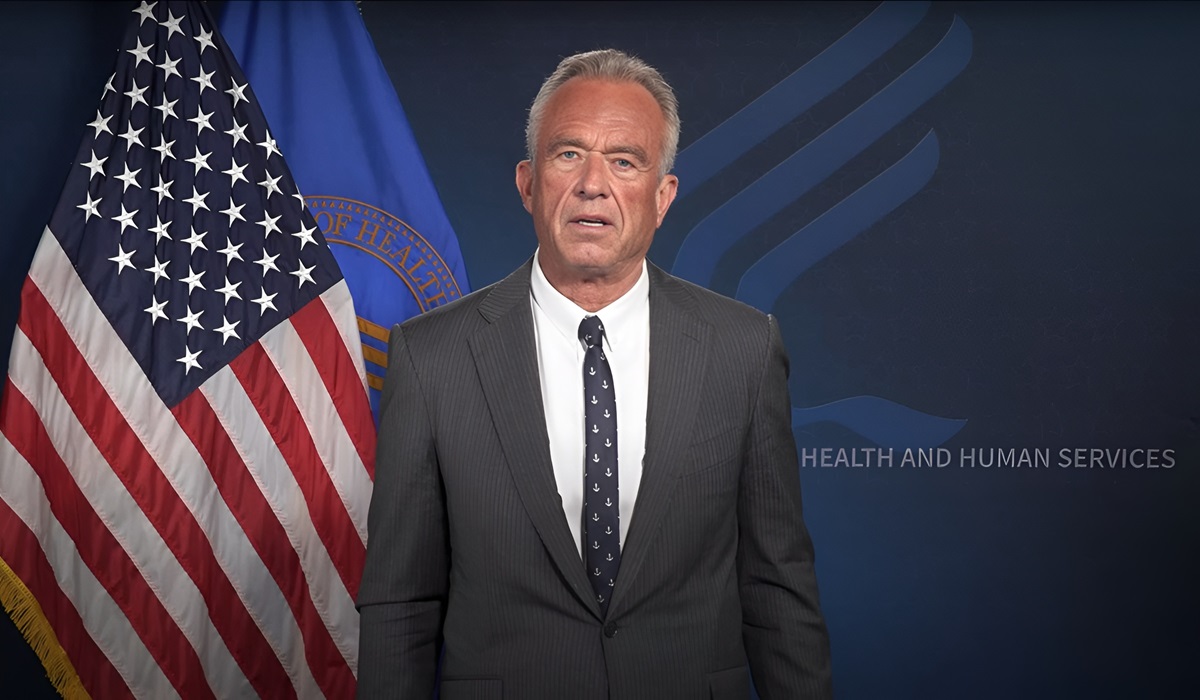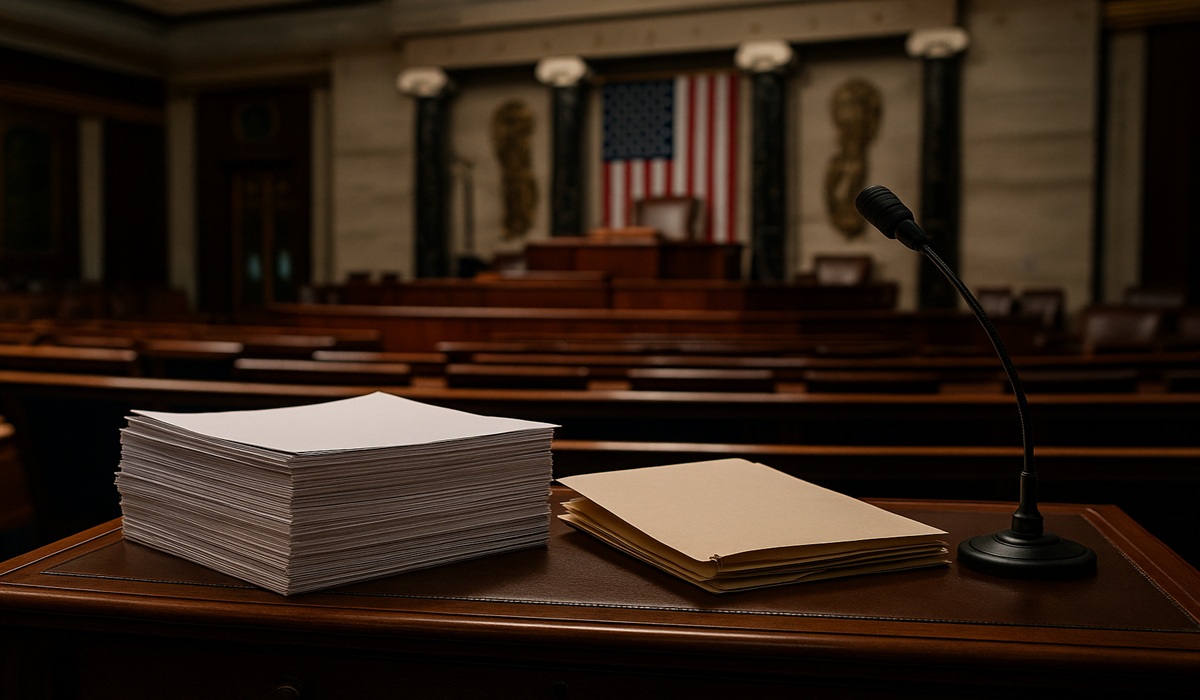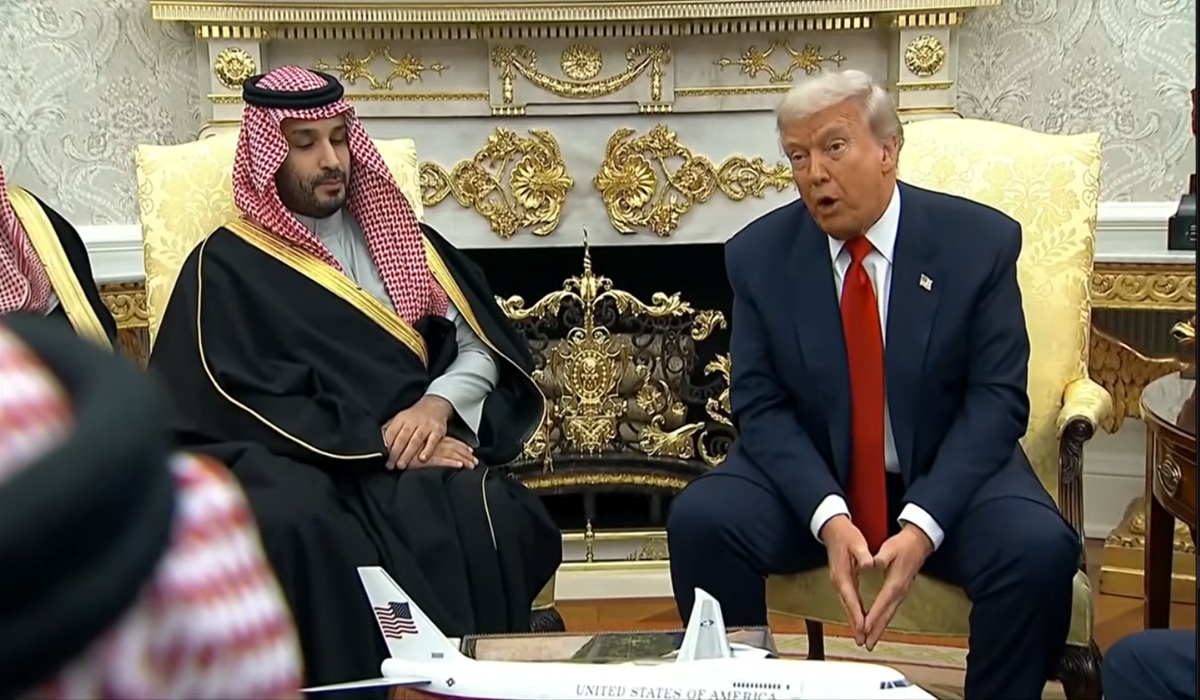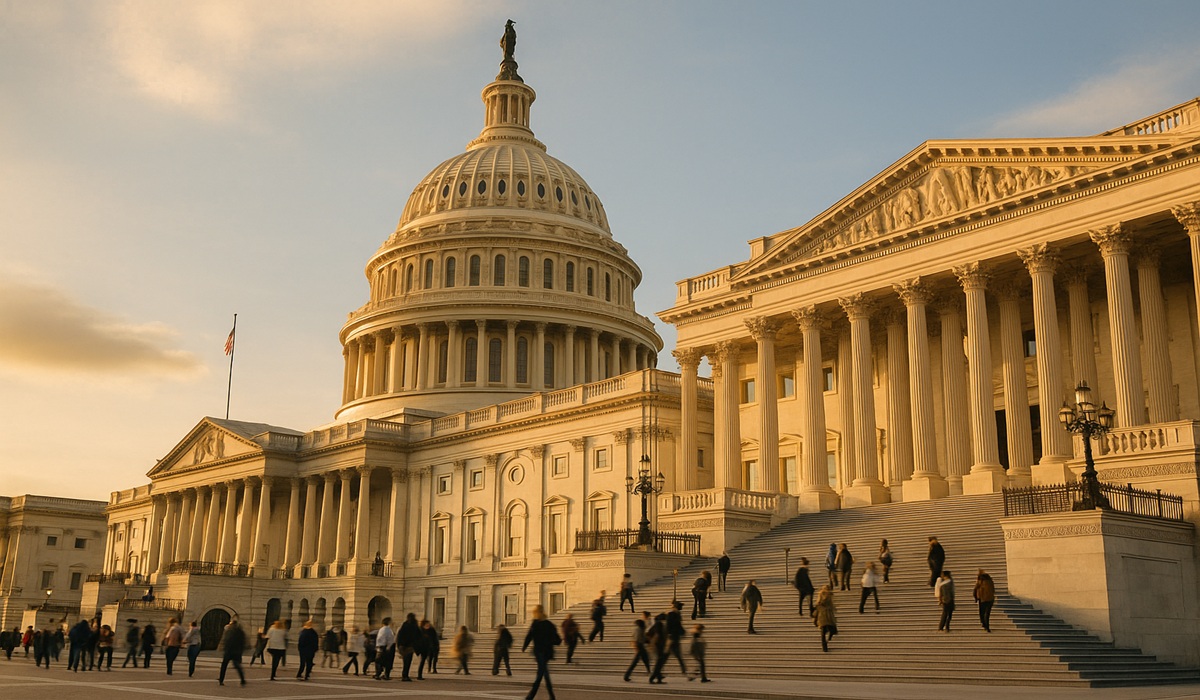Robert F. Kennedy Jr. Cancels $500 Million in mRNA Vaccine Projects
- Ingrid Jones
- U.S.A
- August 6, 2025

U.S. Secretary of Health Robert F. Kennedy Jr. has announced the suspension of 22 vaccine development projects that were utilizing mRNA technology, totaling $500 million in funding. The decision, made public in a statement Tuesday, signals a significant shift in the federal government’s approach to biomedical research and has already begun to stir debate across the health, scientific, and political communities.
According to the statement, the halted projects were at various stages of development and involved both government and private sector collaboration. They were focused on advancing the same mRNA platform that played a central role in the global COVID-19 vaccination effort. However, Kennedy emphasized that this pause is about accountability, transparency, and reassessing priorities—not about halting scientific progress.
Kennedy, who has been a vocal critic of pharmaceutical industry influence and regulatory shortcomings for years, made it clear that the decision is driven by a commitment to public health integrity. He stated that the government must ensure that any technology being widely deployed—especially one as new and fast-moving as mRNA—meets the highest standards of safety, long-term efficacy, and ethical oversight.
The mRNA vaccine platform gained international prominence during the COVID-19 pandemic, hailed for its speed and adaptability. Yet despite its widespread use, public confidence in the technology has remained mixed, particularly among populations concerned about side effects, the lack of long-term studies, and the perception of rushed approvals. Kennedy’s move directly addresses those concerns, suggesting that health policy should prioritize caution and public trust over industry momentum.
Sources close to the Department of Health indicate that Kennedy has ordered a full review of all federally funded mRNA research projects. This includes an independent audit of trial methodologies, informed consent procedures, and data-sharing practices. While no safety incidents have been officially linked to the halted projects, the Secretary’s office stated that the pause is a proactive measure to ensure the government is not complicit in bypassing ethical standards or placing public health second to private profit.
Reactions to the announcement have been sharply divided. Health industry leaders and research institutions have warned that suspending half a billion dollars in vaccine development could delay critical breakthroughs in treating infectious diseases, cancer, and other major health challenges. Some have called it a politically motivated decision that undermines scientific innovation.
Conversely, many public health advocates, civil liberties organizations, and independent scientists have applauded the move. They view it as a long-overdue course correction, citing years of concerns about the pace of vaccine approvals and the concentration of influence within the pharmaceutical sector. Kennedy’s supporters argue that this decision reflects a more grounded, people-first approach to national health policy.
In his statement, Kennedy reaffirmed that his administration supports scientific research but will not support what he called “unchecked and unaccountable experimentation on the American public.” He emphasized that any future investment in mRNA or similar technologies must go through “transparent, ethical, and independent review processes that reflect both scientific rigor and public values.”
The long-term implications of the decision remain to be seen. Some of the affected projects may resume under new guidelines, while others may be permanently shelved. What is clear, however, is that under Secretary Kennedy’s leadership, the Department of Health is taking a more cautious and deliberate approach to emerging biomedical technologies.
This marks a distinct shift in the federal government’s stance on vaccine development—one that places ethics and public trust at the forefront, even if it means slowing down innovation. Whether this proves to be a turning point in American health policy or a temporary recalibration will likely depend on how the public, the medical community, and policymakers respond in the months ahead.








